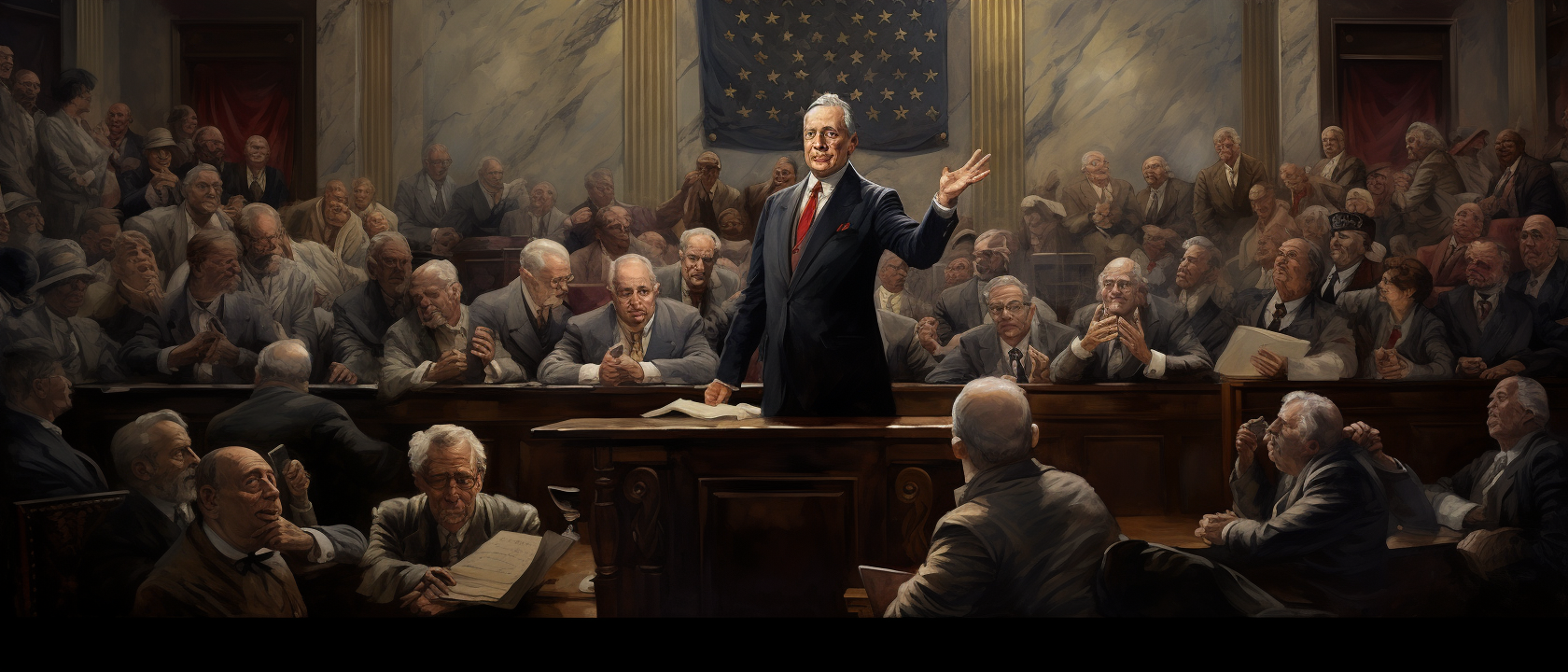
Time is an essential aspect of economics, often overlooked in conventional discussions. Julian Simon, a notable economist, emphasized that time is the ultimate resource. All human action and economic decisions occur across time, and production requires time as a fundamental input.

This unconventional tax strategy extends beyond California’s borders, as it includes a provision to tax part-time residents pro rata for the days spent within the state.

The 2024 budget agreement, hailed by Democrats as a significant triumph, raises questions about the necessity of a Republican majority when budgetary concessions are so easily given.

In a striking revelation that has economic experts and policymakers alike concerned, the Federal Reserve has reported a staggering operating loss of $114 billion for the year—an unprecedented event that marks the largest loss in the institution's history.

The course "Principles of Economics" offers a comprehensive exploration of economics from an Austrian perspective, which centers on the concept of human action.

The interplay between global asset prices and liquidity is a critical area of focus for investors and policymakers alike. Understanding the dynamics that drive these financial variables provides insight into the broader economic climate.

Former SEC Chair Jay Clayton discusses the inevitability of a Bitcoin ETF, the SEC's recent cybersecurity incident, and the future of Bitcoin's regulation, emphasizing improved market understanding and the importance of cyber hygiene.

Nearly 40% of American companies are gearing up for massive layoffs and hiring freezes, with many turning to AI as a recession looms. Tech giants lead the job cuts, while construction, finance, and retail also face significant workforce reductions.

Despite the addition of 216,000 jobs in December, surpassing forecasts and maintaining an unchanged unemployment rate at 3.7%, deeper analysis suggests economic frailties and statistical discrepancies.

The implications of this ballooning debt are dire. During the 2008 financial crisis, the national debt was a third of its current size, with the government incurring over $1 billion daily in interest. Today, that figure has tripled to $3 billion per day.

The field of economics encompasses the study of how individuals, businesses, and governments make decisions regarding the allocation of resources. A comprehensive guide to understanding these principles is now available via "Principles of Economics" by Saifedean Ammous.

A policy pivot, defined as the transition from raising interest rates to lower them, coupled with the injection of liquidity into the economy through quantitative easing, has sparked a debate on its implications for the job market and individual retirement accounts.

Since President Joe Biden's inauguration in January 2021, coinciding with the inflation spike, American households now require an additional $11,434 per year to maintain their pre-inauguration standard of living.

In an alarming report by the Committee to Unleash Prosperity, it has been revealed that the average American's retirement savings have been significantly eroded, with nearly a quarter of its value depleted over a span of two and a half years.


























